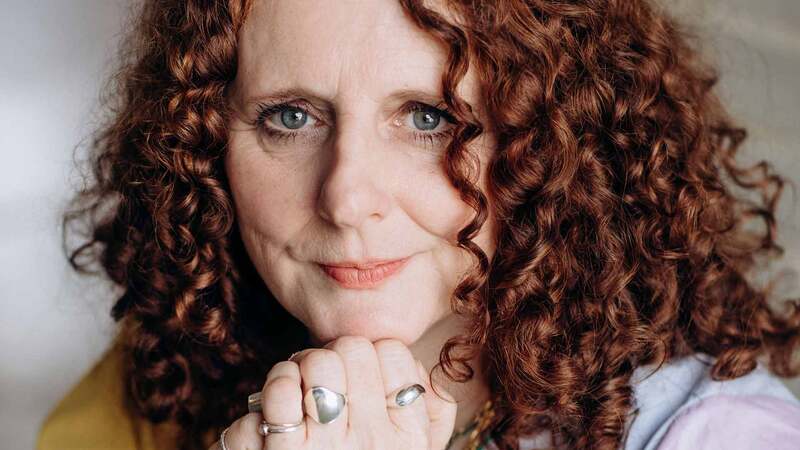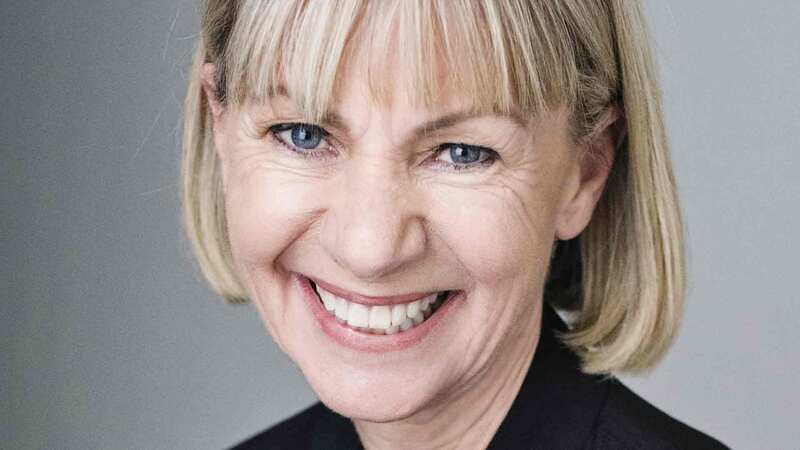You are viewing your 1 free article this month. Login to read more articles.
Women's Prize for Fiction becomes charity
The Women’s Prize for Fiction has now officially transformed into a charity, known as the Women’s Prize Trust, helping it to be "even more ambitious".
After announcing plans to become a charity and open a patronage scheme last year, following the withdrawal of core Baileys sponsorship in 2017, the £30,000 literary prize has now become a registered charity with Claire Shanahan, formerly of literacy charity BookTrust, appointed last month to lead on fundraising and development.
To mark its new status, the prize has also officially expanded the patron scheme so that individual supporters can contribute through £1,000 annually or, as a ‘Prize Circle Patron’ through £5,000 a year. Baileys, global TV company Fremantle and NatWest continue to support the award financially, with Freemantle the newest sponsor, coming on board last November.
Known as the Orange Prize for Fiction between 1996 and 2012 and the Baileys Prize for Fiction between 2014 and 2017, the Women’s Prize for Fiction is one of the best known awards in the world. In May 2017, organisers of the Women’s Prize for Fiction revealed it would adopt a new sponsorship model from 2018, with it supported by a family of sponsors of brands from different sectors. Baileys chose not to renew the same level of support previously offered because of change of strategy. The 2018 prize was supported collectively by Baileys, Deloitte and NatWest.
A spokesperson for the award revealed that the prize money of £30,000 would be unaffected by the charity status. "The Prize has always sought to champion the widest range of women’s voices from all over the world and to inspire readers, and, as a charity, we hope to do even more to support writing by women, for everyone," they said. "New partnerships and initiatives will enable us to amplify and broaden our reach. The Prize money and the way in which the Prize itself is run will be unaffected."
There are no staff changes as a result of the charity status, the spokesperson said, except for the appointment of Shanahan to lead on fundraising and development. She was head of arts at BookTrust and has also worked with a broad range of clients as a freelancer across project, events, content development and fundraising.
Meanwhile the prize board includes industry figures such as Alison Barrow and Curtis Brown agent Felicity Blunt, to help manage the prize’s direction and its sponsorship arrangements, with Samantha Glynne, v.p. of branded entertainment at Fremantle, the newest member to come on board.
Joanna Prior, chair of the board, commented: “We’re delighted that we’ve reached this new stage in the life of the Women’s Prize. After 24years of shining the spotlight on remarkable fiction, it is important to create a sustainable and diversified funding model for the Prize, which allows individuals to get involved in supporting the Prize alongside our corporate sponsors, as well as trusts and foundations.”
Author Kate Mosse, co-founder of the Prize, said: “The Women’s Prize for Fiction was founded both to celebrate and to honour the best fiction writing by women, and to fund a range of educational, charitable and philanthropic initiatives to benefit readers. We’re passionate about putting exceptional quality literature from all over the world into the hands of male and female readers of all ages; and to invest, support and engage with readers in order to more widely promote and foster writing of excellence. This new charitable status will enable us to do more, and be even more ambitious.”
The prize is awarded annually to an outstanding full-length work of fiction that demonstrates excellence, quality, originality and accessibility. Female authors of any nationality, any age, any country of residence or origin, any sexuality, any physical ability, writing in any genre are eligible.















